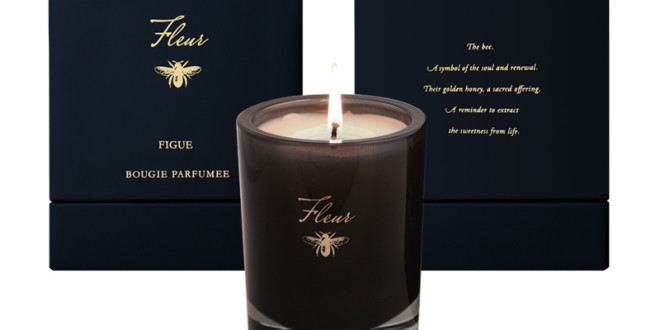[ad_1]
The work involved in planning and organizing and arranging a wedding can be very demanding. It's fantastic to be able to delegate some of that – much less work for the bridal couple who can try to spend some time in relaxing so that they can look forward to the actual ceremony without being completely frazzled.
However, there are some potential pitfalls in other people's involvement in the process of getting the wedding organized.
Too Many Cooks Spoil The Wedding Broth
It is not advised to have family and friends involved in the actual planning stage.
With the best will in the world, it's almost impossible for other people to refrain from making suggestions and offering ideas – in other words, doing part of the planning. It's unfair on you yourself as a couple if you feel obliged to take on board someone else's ideas as well as your own.
It also makes it difficult if you've hired a wedding planner; you will be sending conflicting messages about what ideas should be followed, and the planner will then have to agree with knowing that anything you and he / she have agreed on might then be changed by a third party. This is inefficient and frustrating, and it's certainly not fair that you, the bridal couple, should have to cope with the difficulties arising from any such conflicting decisions.
Working With The Marriage Celebrant
The Marriage Celebrant – which responsibility is to assist by crafting the actual ceremony (with as much of your input as you wish, so that the ceremony will be yours – the bride's and groom's – and no one else's) – will also be put in a difficult position if the ceremony keeps having elements and ideas from a third party added to it.
The Marriage Celebrant will be in communication with you, the couple, on a frequent basis; he / she will interview you to gauge your personalities, likes, dislikes, lifestyles, etc., and it would be a shame if the knowledge gained through those communications would be wasted.
You may end up with a lovely ceremony that, sadly, just is not you – but you felt too pressured or influenced to say no at the time of the planning.
Laying Down The Ground Rules
To avoid hurting the feelings of family and friends, it is best if both the bride and groom make it nicely clear right at the start that they will be planning the ceremony together with their Celebrant and no one else. They can quite rightly point out that it's the Marriage Celebrant's responsibility to ensure that the legal word is properly and the legal requirements are met.
What is not so widely known (and which can be pointed out) is that the Marriage Celebrant has a responsibility to work together with the bridal couple to create / design the wedding ceremony so that the couple has exactly the ceremony they want. It's part of the Celebrant's Code of Practice as laid out by the Attorney-General's Department.
It can also be pointed out to family and friends that the couple wants the ceremony to be freshly received by their loved ones – during the ceremony itself. It can be very important to have key aspects of the ceremony come as an unspoiled pleasure to family, friends and guests.
Taking back control of your wedding after you've already let others have a say in it is much harder than maintaining control right from the start.
Let your Marriage Celebrant help you with this – so that you do not have to deal with the stress of trying to please everyone else on this important occasion in your life. You can always include others in your ceremony, and that can be such a beautiful and appreciative thing to include in the marriage ceremony. But that's not the same thing as letting someone else usurp your decision-making position as the Bride or the Groom. You can take on board other people's expectations and suggestions, but remember – it will be your decision so that the wedding ceremony on the day will reflect your love, your lifestyle, your culture, your dreams, your hopes, and the values that the two of you hold.
[ad_2]
Source by Ingrid Heyn

